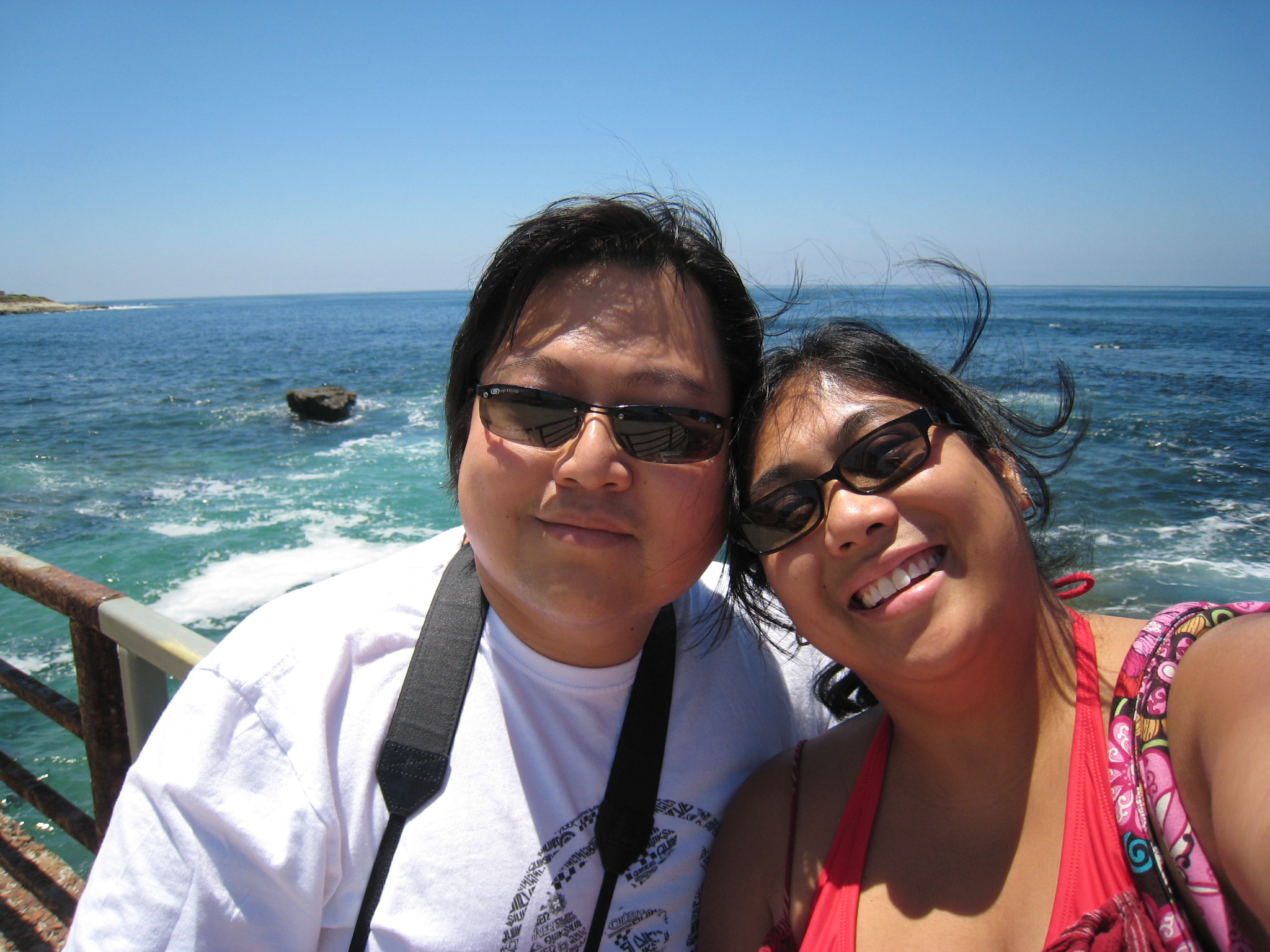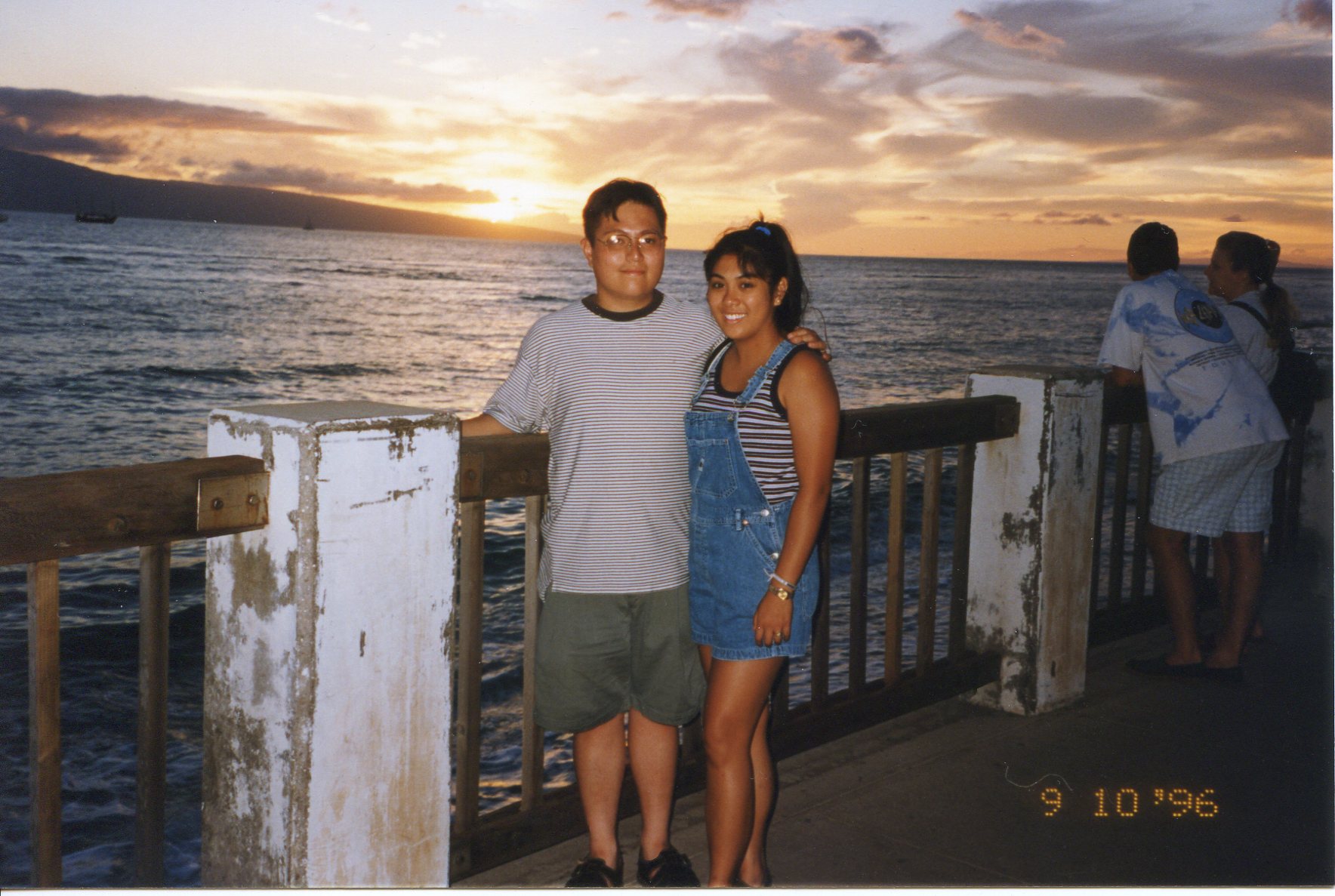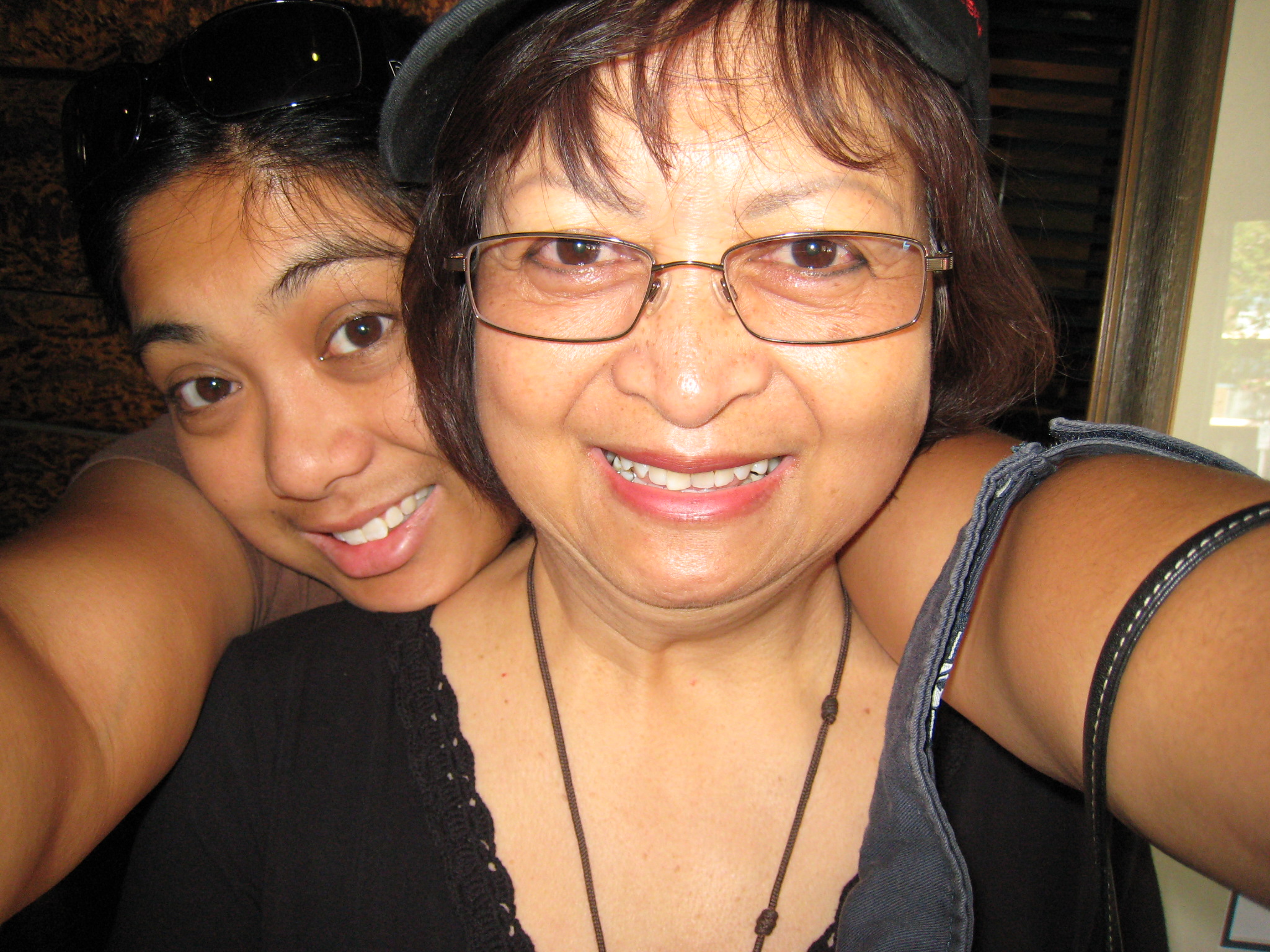First of all, Happy Birthday, USA !!!
And second … Really? It’s July 4th already? When did half the year slip away? It’s been a crazy couple of months here in ApronStringsLand. Busy with work, busy with traveling. And — I’m not gonna deny it — busy in the emotional end of things.
Yesterday marked 7 months since my Dad unexpectedly passed away; a feeling I’m still trying to come to grips with. Everybody has said that it will get better as time passes, but it seems to me that I feel more emotionally drained as the days go by.
This past week, Dr. Bro came into town. Amidst the hectic schedule I’ve had for work, plus the added pressure of being at a local onsite hospital this past week … I had been just a leeetle stressed.
Okay. A lot stressed. Especially given that I knew this was looming over my head this past Tuesday.
But the real reason Dr. Bro came into town was to surprise the “little” cousins (who aren’t so little any more … they made me a margarita, for Pete’s sake!) who had organized a pre-4th celebration to coincide with the local city’s fireworks. He wanted to be here to be with Dad’s side of the family; to spend time with us, because — if he’s feeling anything like I am — he wanted to feel closer to Dad. Unfortunately, he could only stay for two nights; and the second night had been for the party.
It was a glorious night; spent barbecueing at my Aunts’ backyard … which just happens to be next to a lake. Oh, and did I mention that they just happen to be located behind the park where the fireworks are held every year? Needless to say, we had the best seat in the city! The family had a blast, especially the cousins who were able to eat (and — ahem — drink) to our hearts’ content.
Afterwards, on the drive home I suddenly felt this wave of sadness take over. The best way I can describe it is the melancholy I would feel in my youth (and even to this day) whenever I had to say good-bye to out-of-town family after spending a wonderful amount of time (a weekend or even an entire vacation) with them. I’d suddenly feel lonely and wish we could stay together forever.
I chalked most it up to the fact that I got to spend such little time with Dr. Bro this time around. He spent his one full day helping Mom search for a new car, while I had to work at an onsite location the entire day. And since I had to work again the next day, we would have no chance to spend any quiet time alone.
The other part I chalked up to missing my Dad. After all, I think he would have totally gotten a kick out of the “cousins” doing the cooking and the serving; would have loved to see us kick back and have such relaxing fun together. Which, of course, had me spilling some tears for a bit.
Flash forward to yesterday … Mom, Hubby & I went to church and then to the cemetery to bring some flowers and visit Dad. I knew that Dr. Bro had visited him the day after our party; which I can only imagine was a toughy. (At least I live closer and can visit Dad more often.)
What I hadn’t expected was to see pictures of my niece, Emilia Grace, taped to my Dad’s gravestone. And the minute I saw the picture of my Dad holding his granddaughter, I fell to tears. I knew how much my Dad loved kids, so seeing that picture broke my heart; especially since we all knew that he’d never be able to physically hold his grandchild and play with her.
And, although these days I try very hard to let my Infertility get the best of me … seeing that picture also reminded me that I was never was able to give him the grandkids that both my parents deserved. And if I did have any kids, he would have had at least a good 13 years to spend with them before he died. But instead, he only got to see and hold his one grandchild a few days after her birth … and then three weeks later, he was gone.
I know that a lot of these emotions are stemming from the fact that my birthday is coming up. And that it follows an unfulfilled wedding anniversary date and yet another major holiday. But really … when does this get better? When can I finally see more bits of happiness than shades of blue?










 I may not have children, but I’m still a Mom.
I may not have children, but I’m still a Mom.